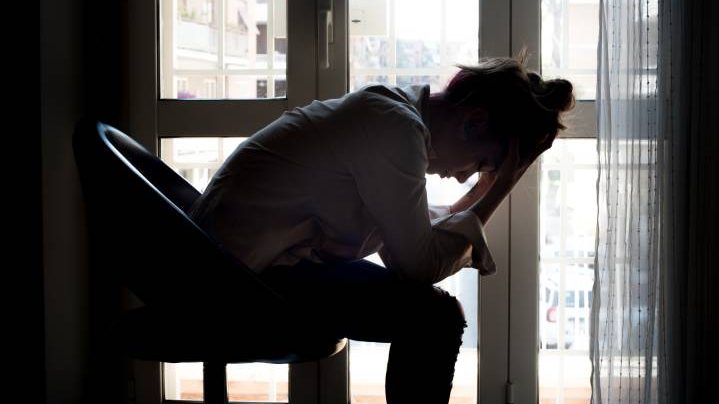Saskatchewan organizations are expanding free mental health supports during the COVID-19 pandemic.

Organizations in 23 communities have transitioned their traditional and walk-in counselling services to phone or video calls.
“Regardless of what’s happening, people are struggling with mental health, whether it’s depression, anxiety, stress, family issues that are going on,” said Shellie Pociuk, CEO of Family Service Regina.
“Now I think it’s even more important with people who have heightened anxiety, are not sure what the future might hold, are having financial worries.”
Family Service Regina is among those adapting their services. Their free and confidential call-in counselling is open to all ages Monday to Friday from 12:30 p.m. – 4:30 p.m. People are helped in the order in which they call.
“We just want to make sure that they know there’s some place they can reach out to, talk to a professional counsellor, get support, get some tips and reassurance that we all have resilience in us,” Pociuk said.
Pociuk said self-isolation and social distancing can further impact pre-existing conditions, and intensify feelings of loneliness.
Family Service Regina is also continuing its efforts to support anyone experiencing violence in the home during the COVID-19 pandemic.
Pociuk said they receive all police reports, regardless of whether charges are laid, and reach out to victims immediately.
“If we can’t do a home visit to check in, we offer door-side assistance to ensure that we’re social distancing,” she said.
The organization noted families may find themselves in close quarters for extended periods. This can create stress, tension, and feelings of isolation or fear.
“We don’t all have the luxury and privilege of a safe refuge to call home,” said Jen Renwick, domestic violence unit supervisor in a new release. “So, if you need safety, we can help you get there, even now.”
Family Service Regina is also offering free resources online for people in the city, depending on needs.
Questions about COVID-19? Here are some things you need to know:
Health officials caution against all international travel. Returning travellers are legally obligated to self-isolate for 14 days, beginning March 26, in case they develop symptoms and to prevent spreading the virus to others. Some provinces and territories have also implemented additional recommendations or enforcement measures to ensure those returning to the area self-isolate.
Symptoms can include fever, cough and difficulty breathing — very similar to a cold or flu. Some people can develop a more severe illness. People most at risk of this include older adults and people with severe chronic medical conditions like heart, lung or kidney disease. If you develop symptoms, contact public health authorities.
To prevent the virus from spreading, experts recommend frequent handwashing and coughing into your sleeve. They also recommend minimizing contact with others staying home as much as possible and maintaining a distance of two metres from other people if you go out.
For full COVID-19 coverage from Global News, click here.








Comments